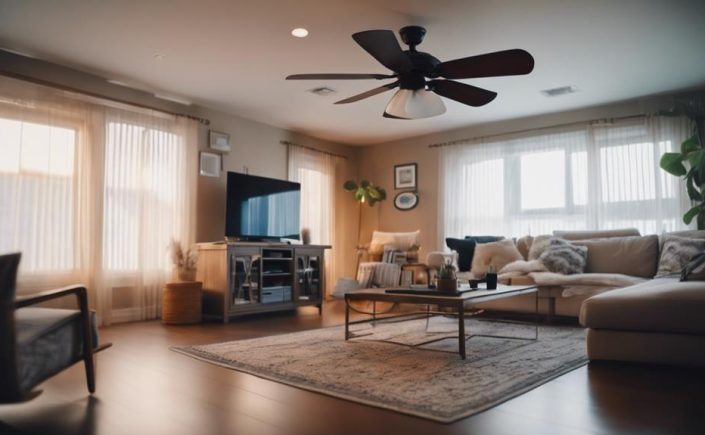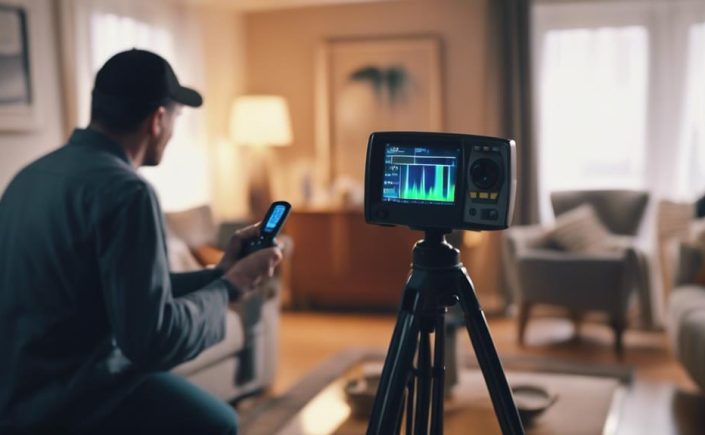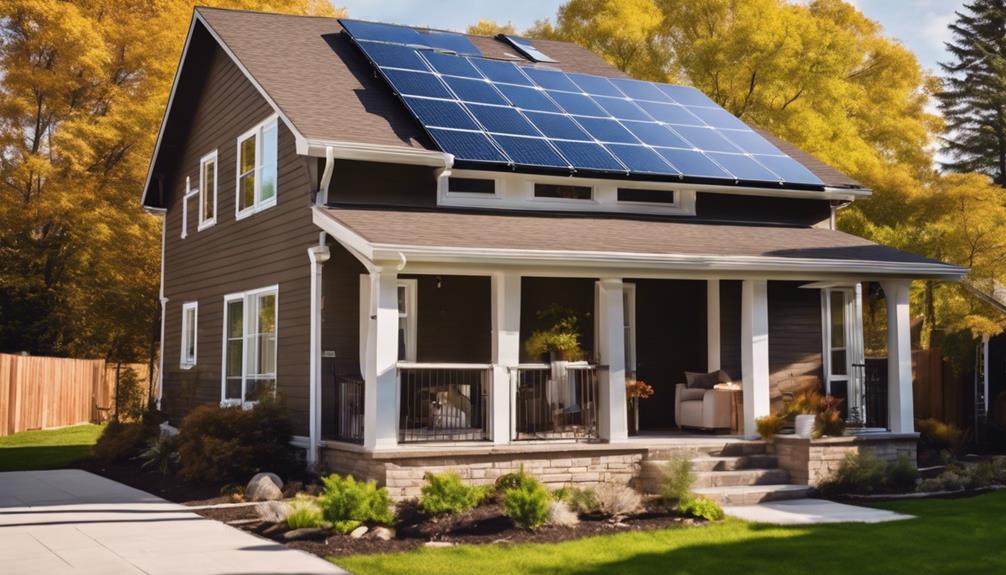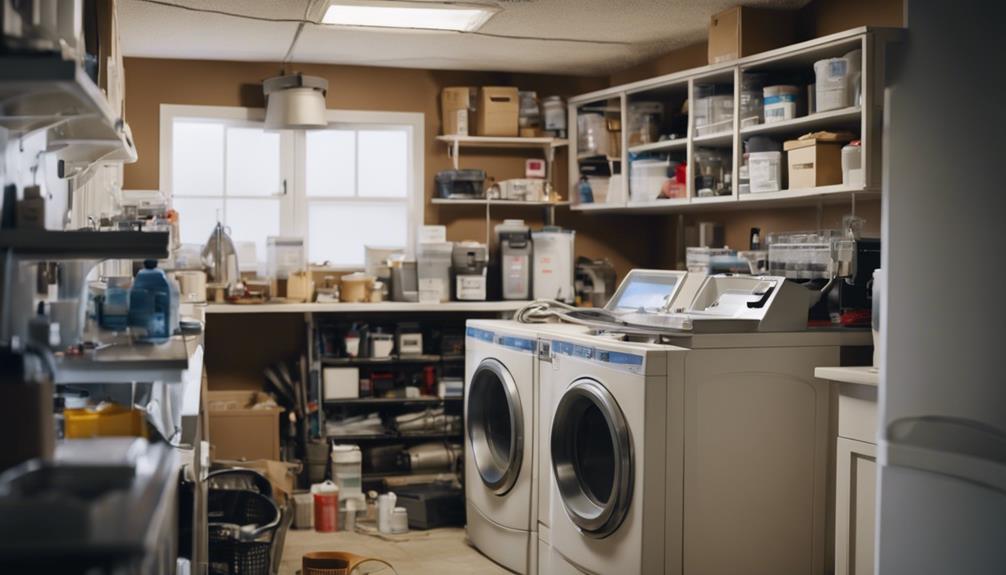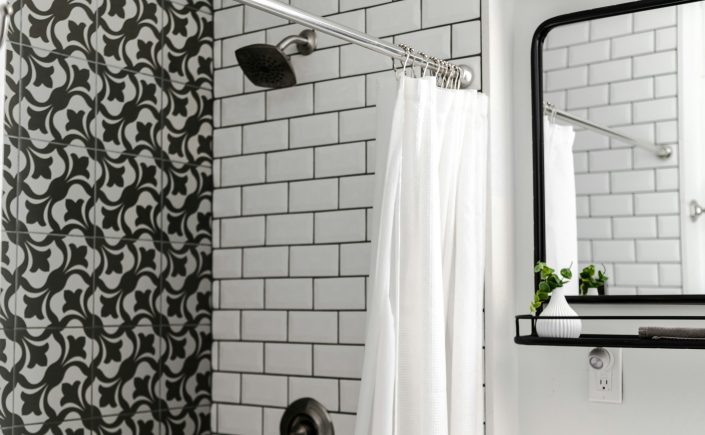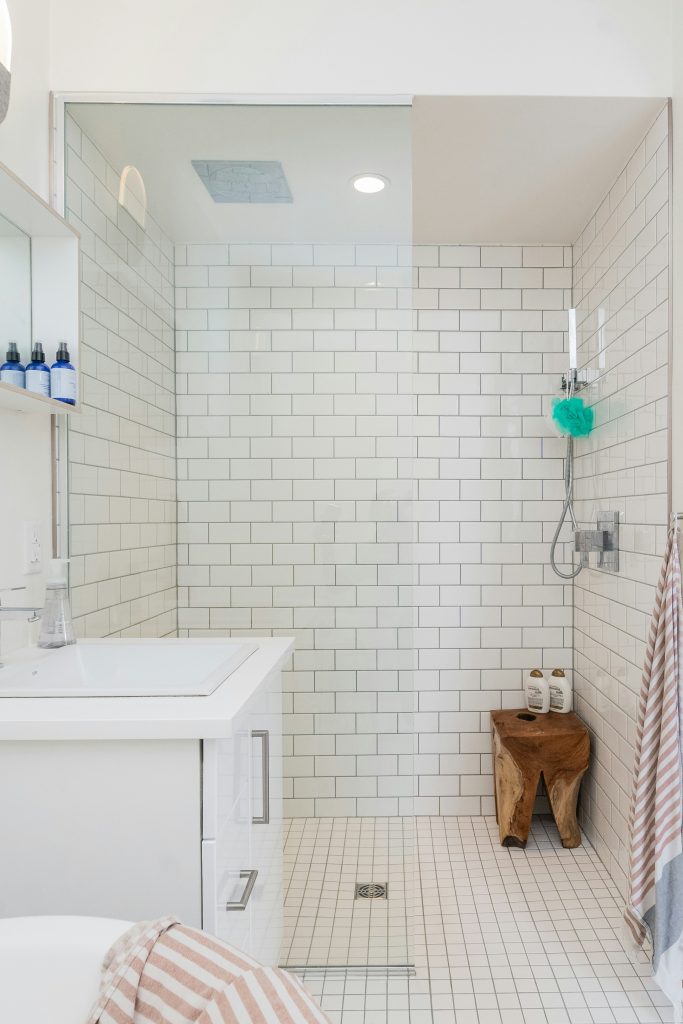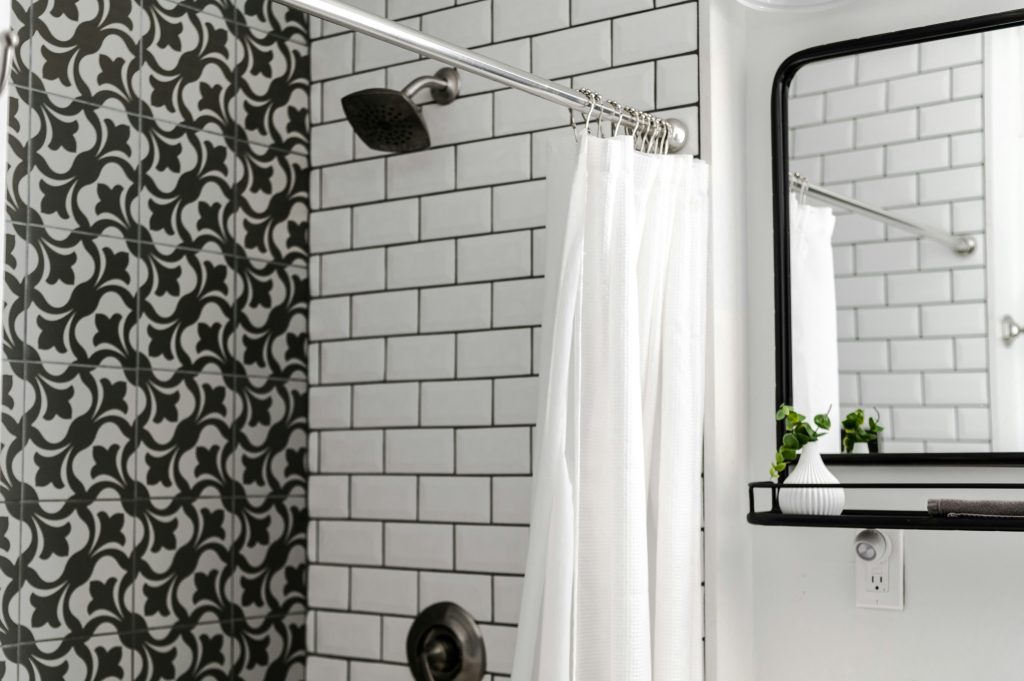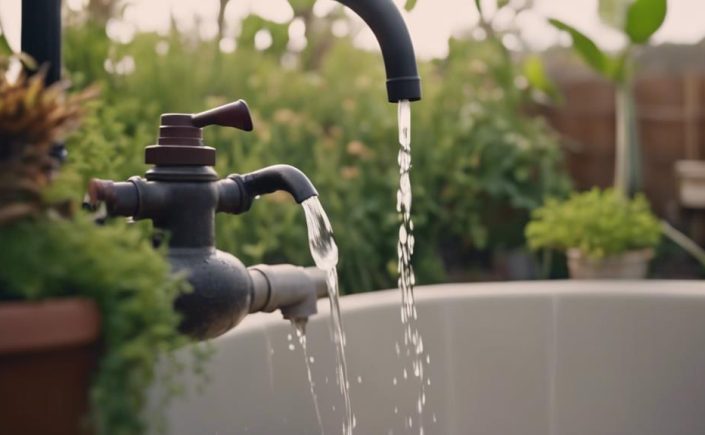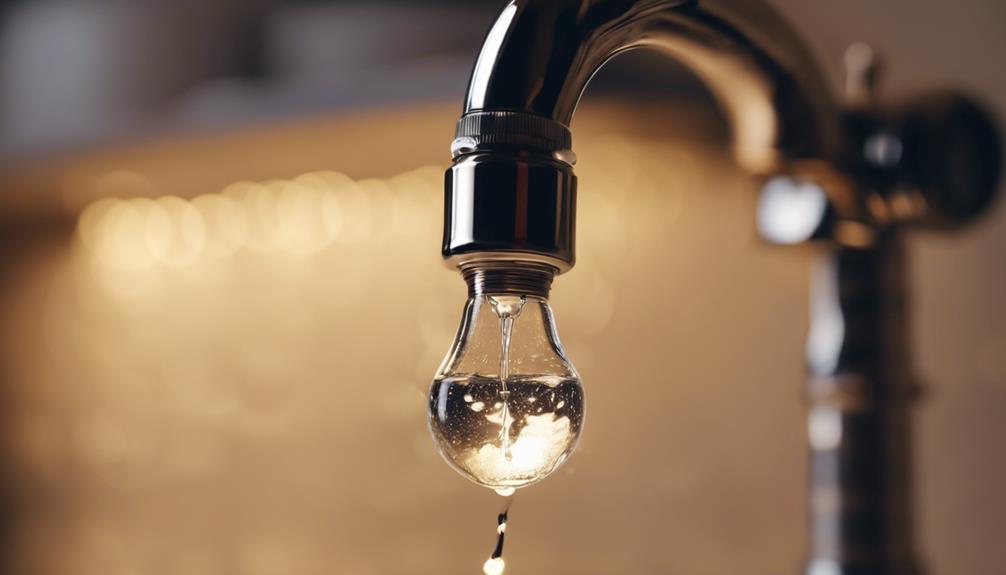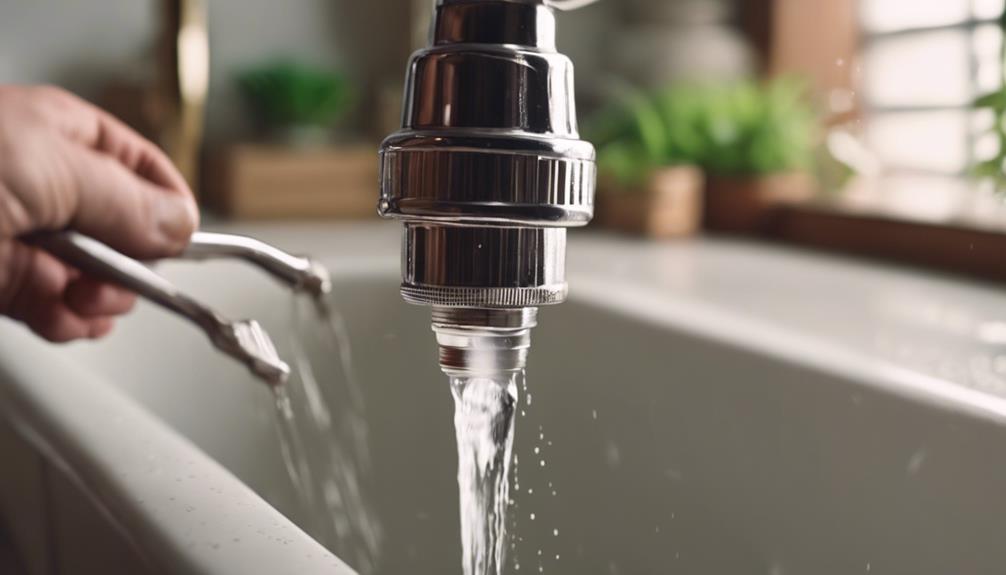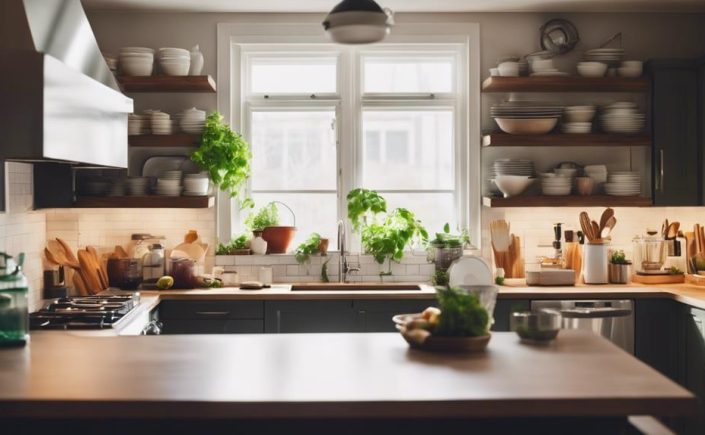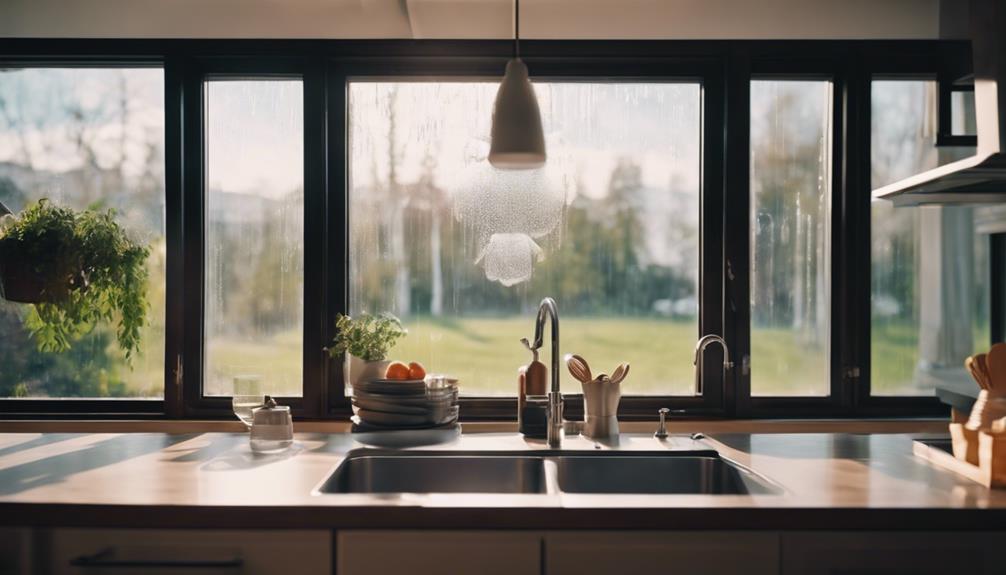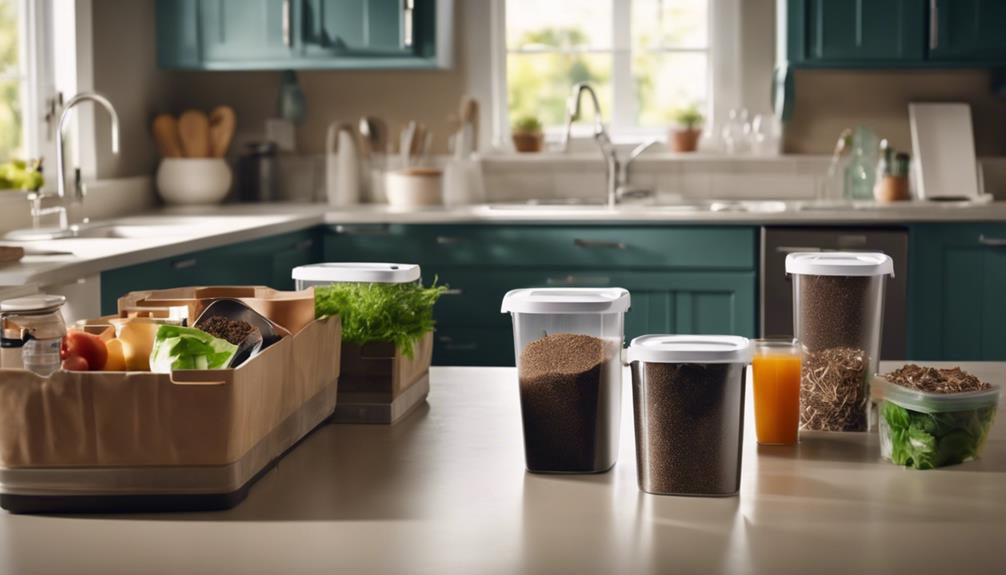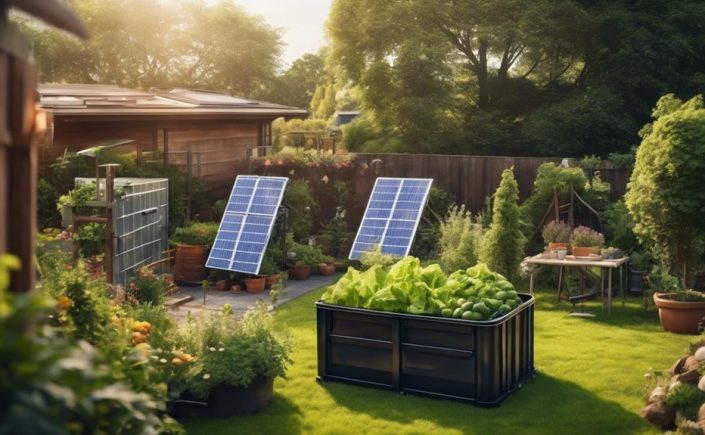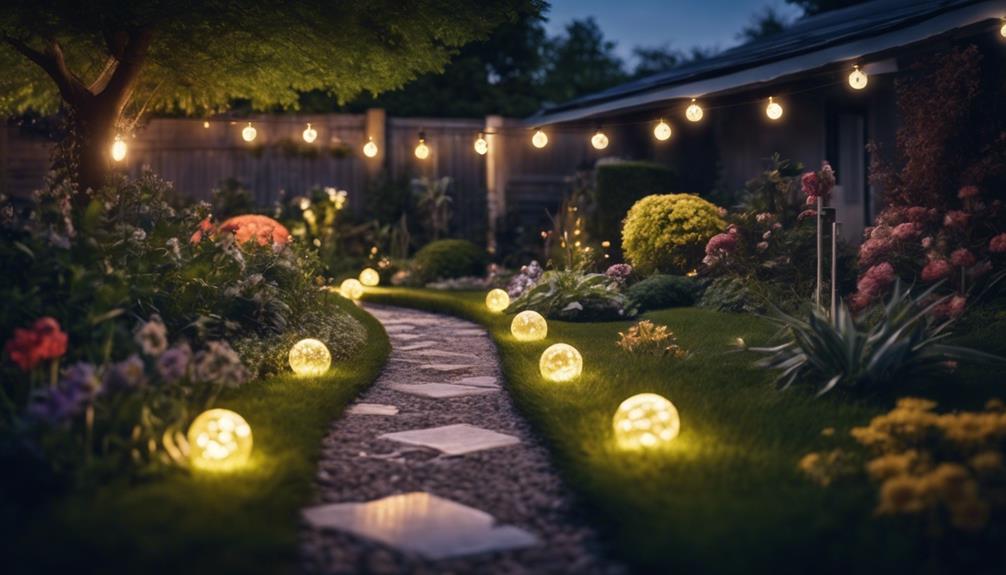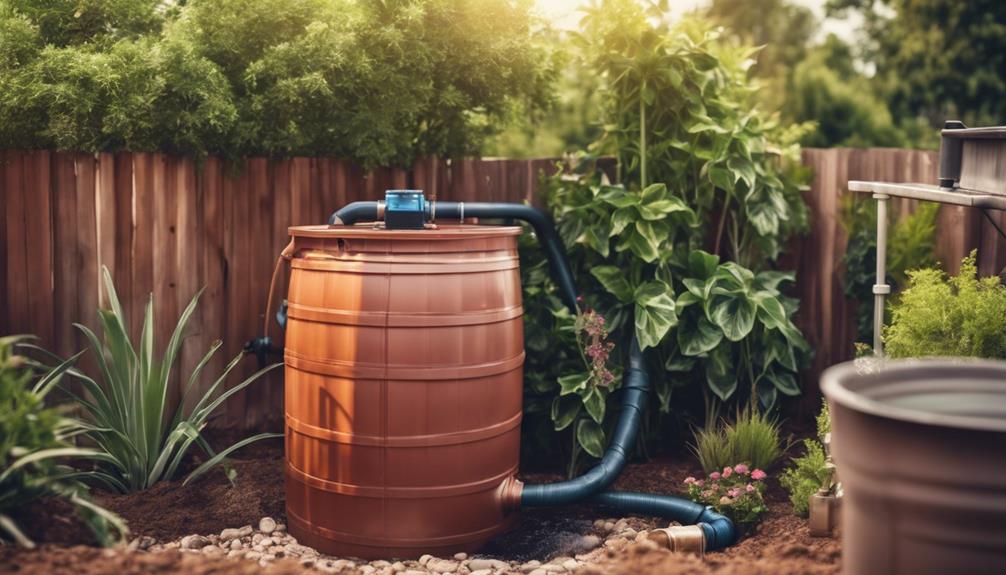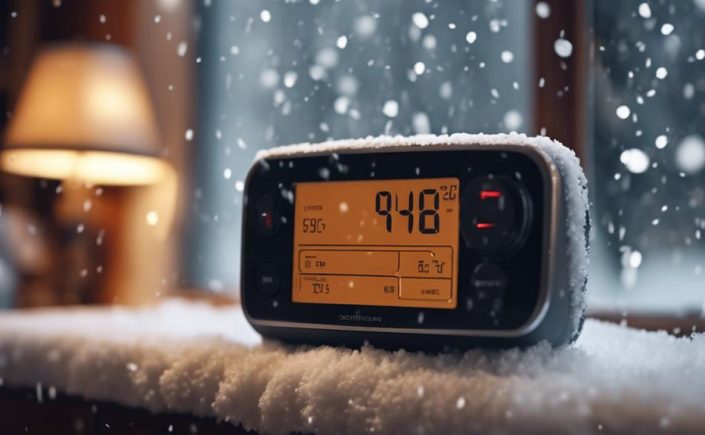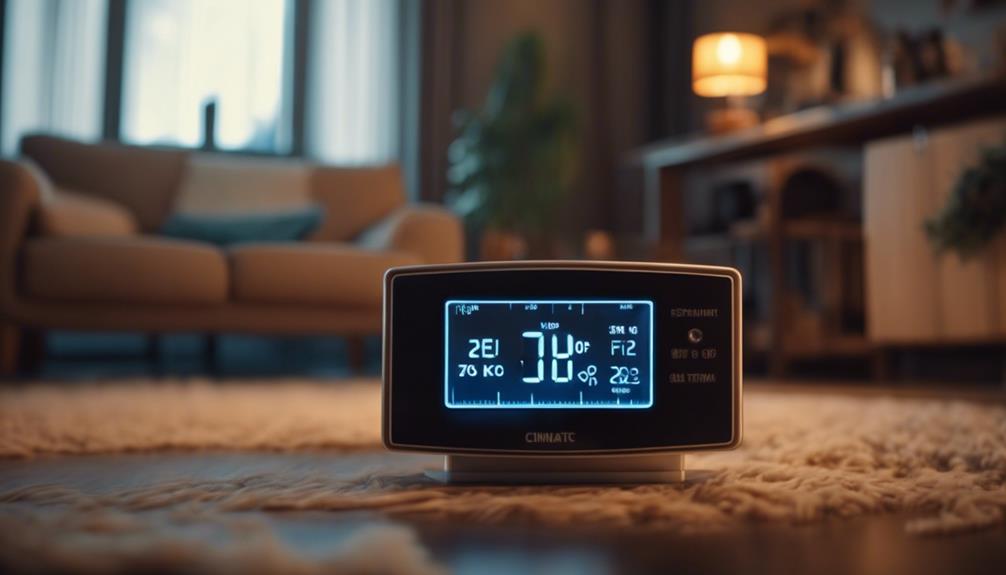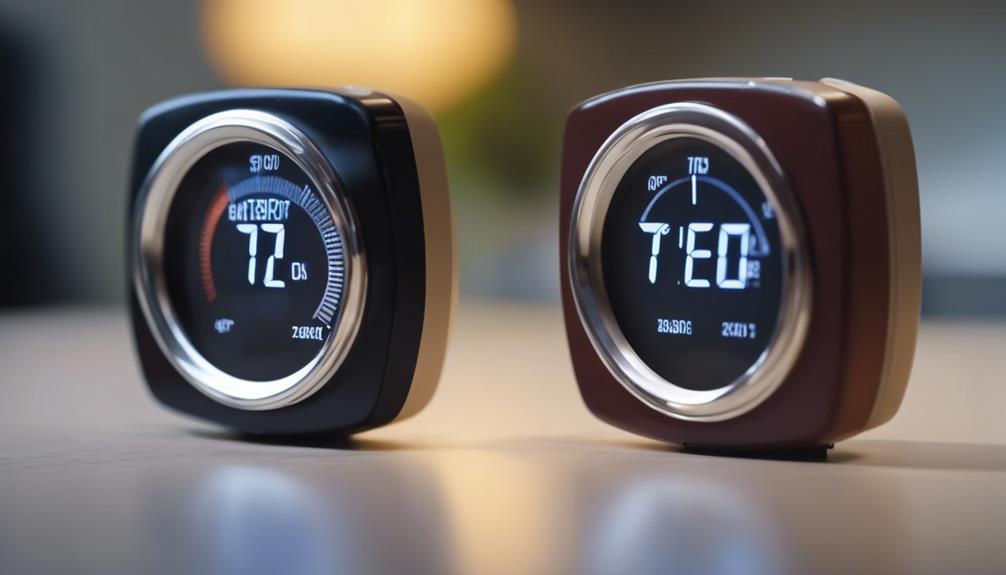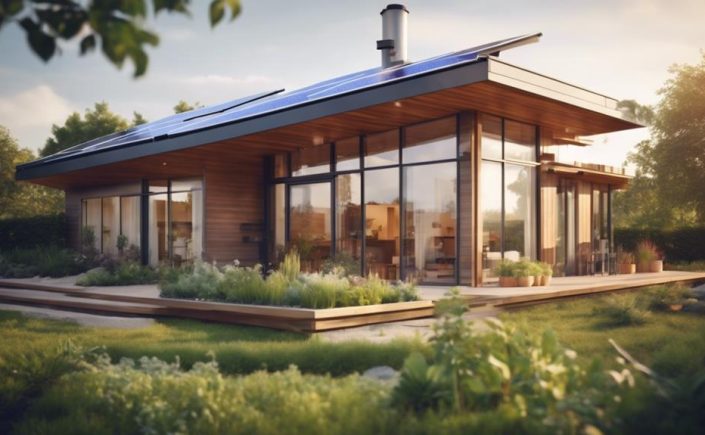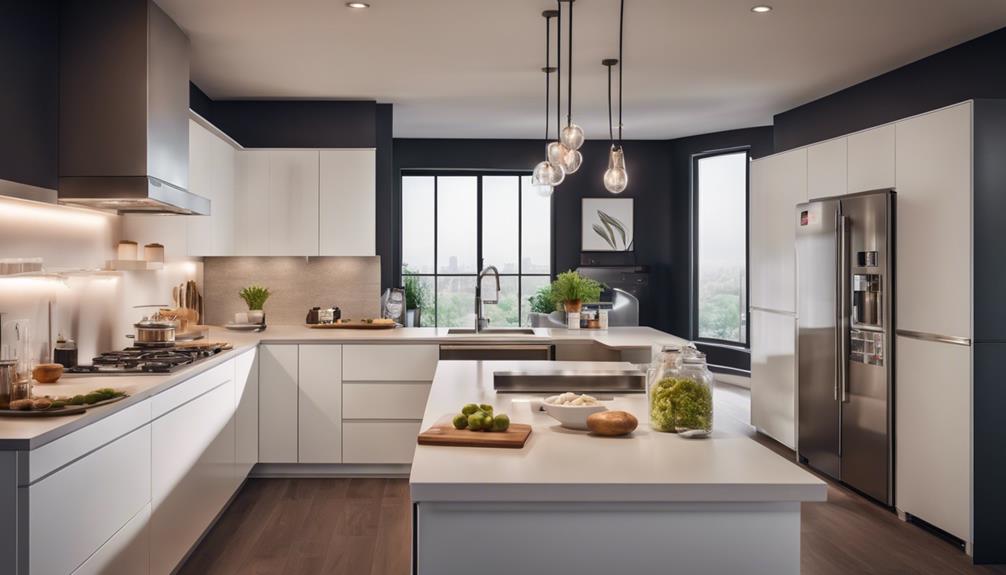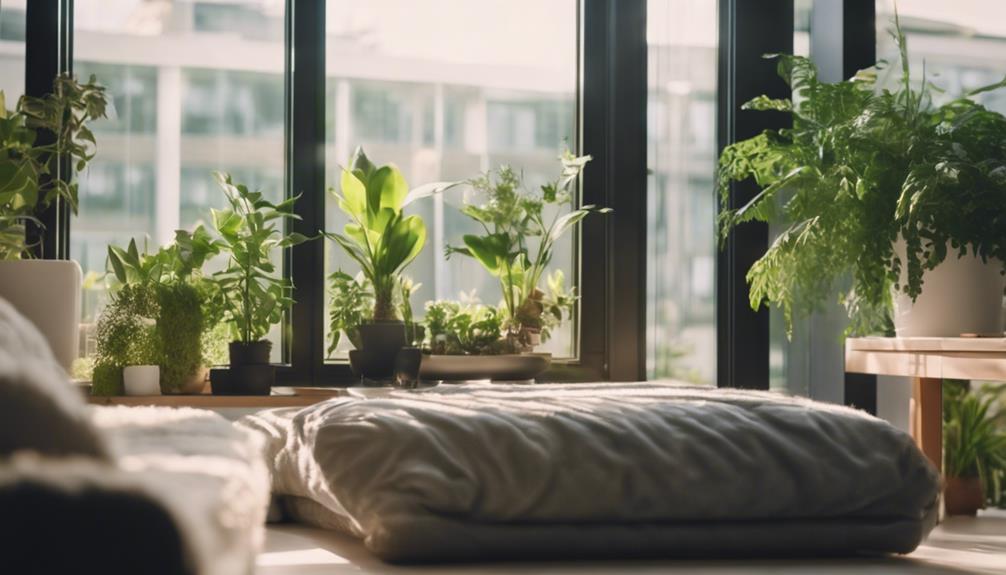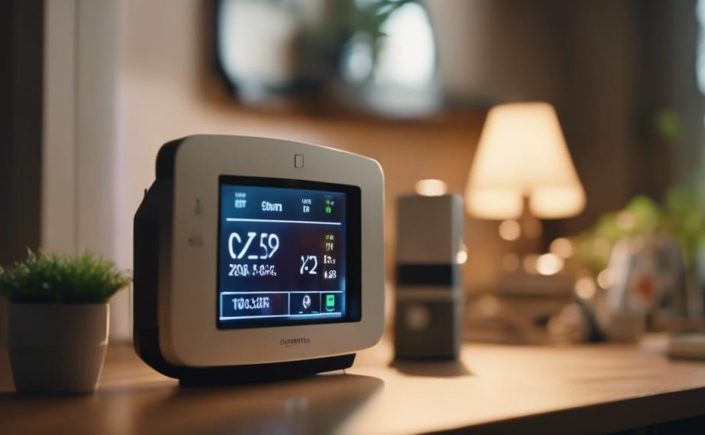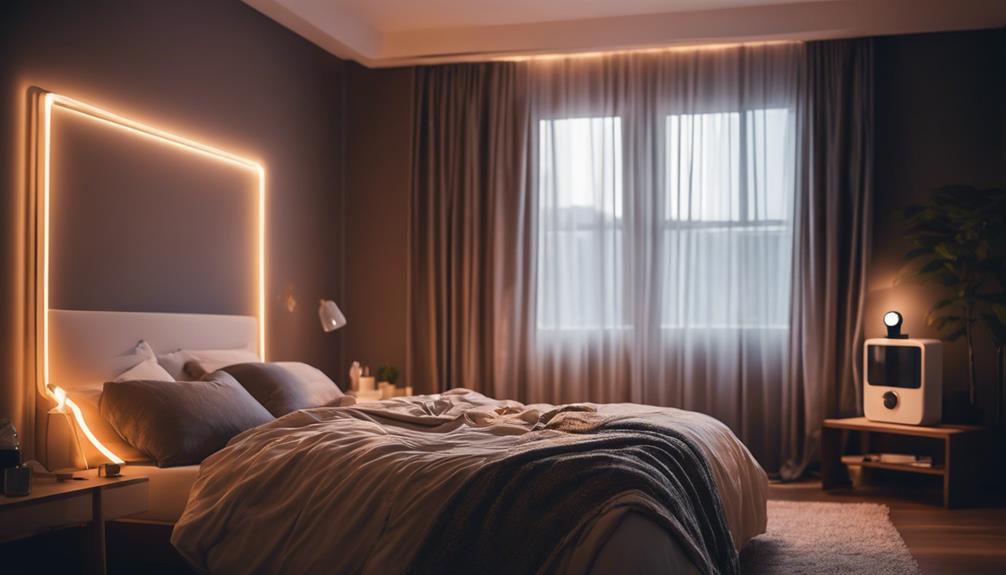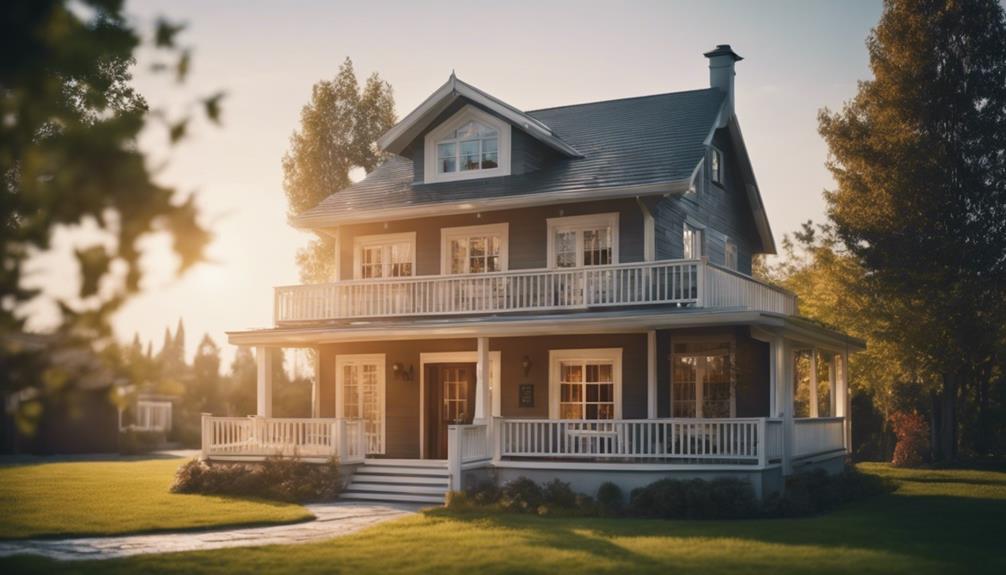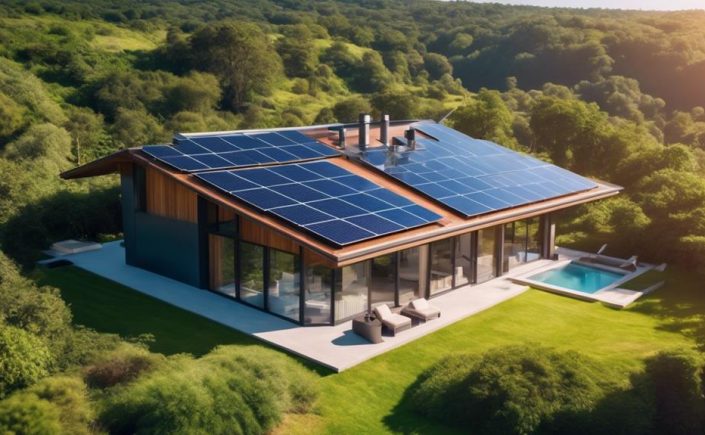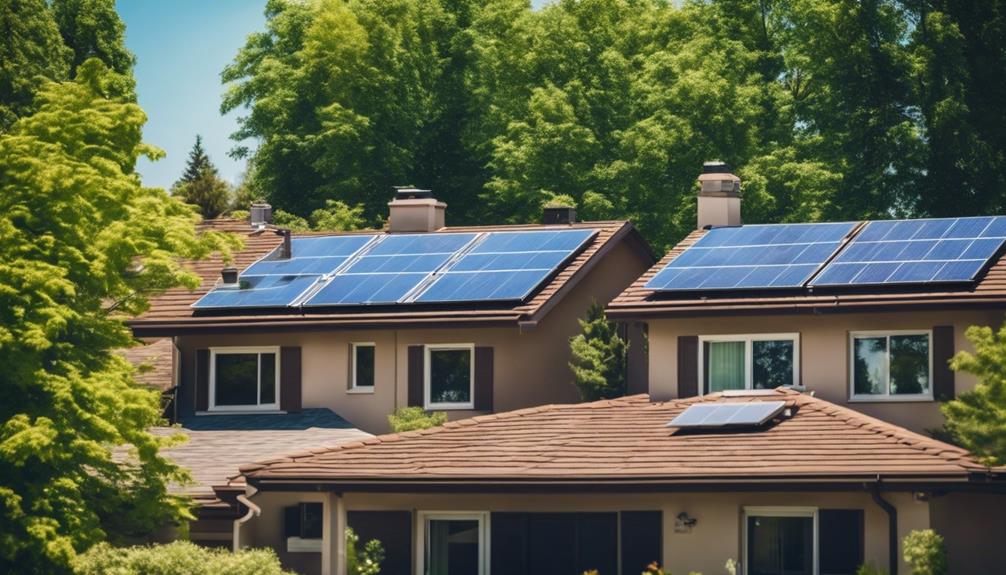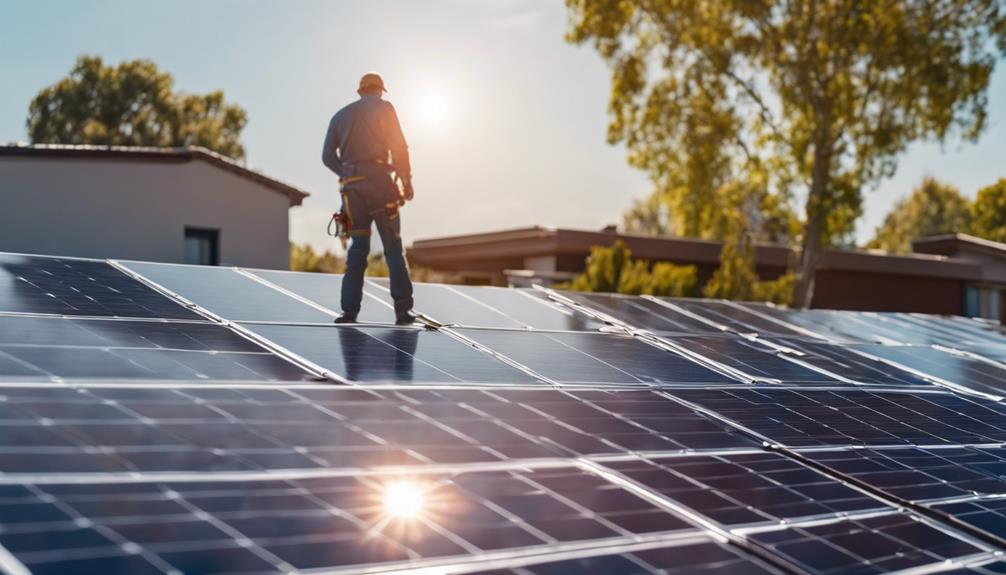Picture your home like a shield against the weather, a place where you feel cozy in winter and refreshed in the hot summer.
But what if I told you that your house could be better at saving energy, more affordable, and good for the environment? By using a few smart tricks, you can make your home a champion of saving energy.
Are you ready to learn how to stay comfy while using less energy?
Thermostat Settings Optimization
Set your thermostat to 68°F in winter and 78°F in summer to save energy and stay comfortable.
Keep the temperature steady to avoid wasting energy.
Use a programmable thermostat to adjust the temperature automatically based on your schedule.
Consider upgrading to a smart thermostat for even more control.
Remember to lower the temperature when you're not home to save money.
Mastering your thermostat settings will help you save energy and money.
HVAC System Upgrades
Upgrade your HVAC system to modern air-source heat pumps for big energy savings. These new systems can cut your energy use by 30-60%. You could get up to $8,000 in rebates for making the switch to energy-efficient HVAC technologies.
Make sure any new HVAC equipment meets current efficiency standards to save even more energy. Ask a pro for advice on the best options for your home. You can also get tax credits for choosing energy-efficient upgrades, which makes it a smart money move.
Upgrading your HVAC system not only lowers your energy bills but also helps the environment. Don't miss out on the chance to save money and make your home more comfortable. Switch to modern HVAC systems now for lower costs and better comfort.
Insulation and Air Sealing
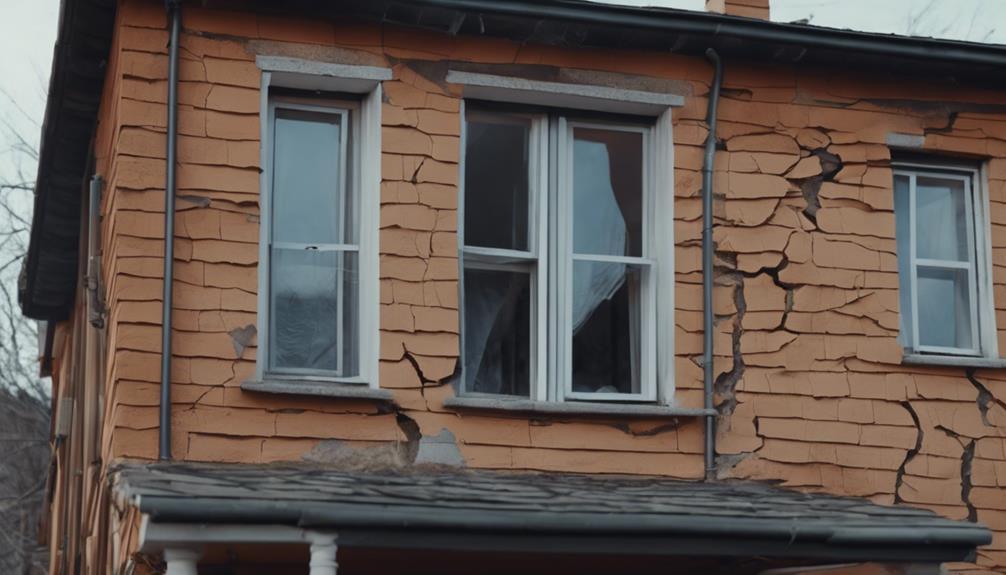
Make sure your home is well insulated to save money on energy and keep your house comfy all year round. Insulation in walls, the basement, and garage is super important for an efficient home.
Check for drafts around windows, doors, and vents to make sure your insulation is doing its job. Changing your air filters regularly (every 1-3 months) can help your heating and cooling system work better and use less energy.
Keep an eye on your insulation to make sure it's in good shape and replace it when needed. Taking these steps will help you save money on energy bills and make your home more cozy.
Don't let drafts or poor insulation mess up your energy savings and comfort. Stay on top of insulation and sealing to make your home a comfy, energy-efficient place for you.
Smart Thermostat Installation
Upgrade your old thermostat to a smart one for big savings and convenience. Smart thermostats help you save energy by letting you set schedules for your heating and cooling.
You can adjust the temperature from your phone, so your home is comfy when you get back without wasting energy when you're out. Some smart thermostats even give you reports on how much energy you use so you can save even more.
Plus, installing a smart thermostat can get you rebates or rewards from your utility company, putting money back in your pocket. Take charge of your heating and cooling costs with smart technology for precise temperature control and see your savings add up.
Air Filter Maintenance
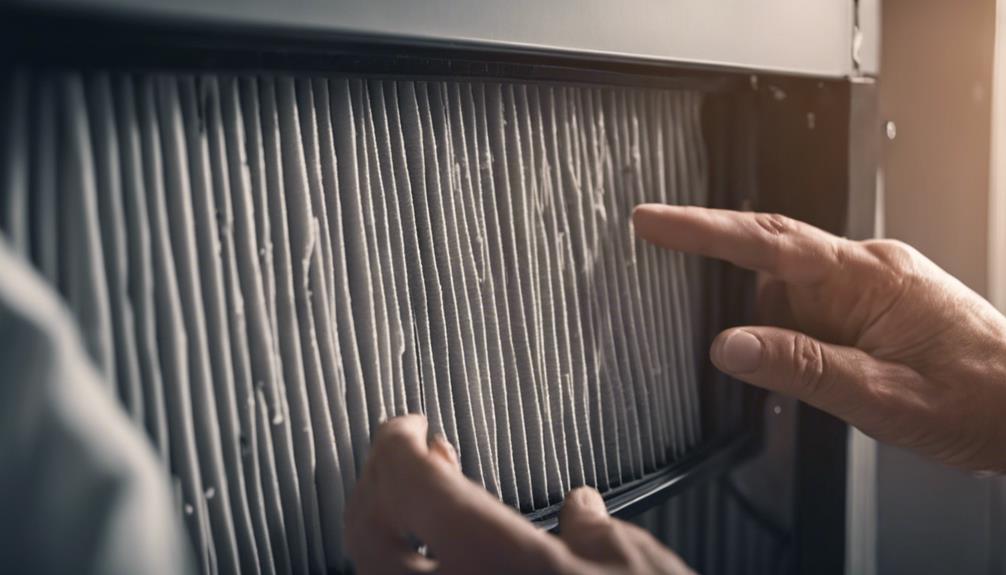
To keep your HVAC system working well and save energy, change the air filters regularly. Dirty filters make the system work harder, using more energy and costing you more money. Follow the manufacturer's recommendations for when to replace the filters to keep everything running smoothly.
It's super important to have clean filters for your HVAC system. Changing them often not only helps airflow and reduces strain on the system but also makes your unit last longer. Clean filters can make your HVAC system work up to 15% better, saving you money in the long run.
Don't forget about air filter maintenance. Take control of your energy use, lower your bills, and make sure your HVAC system works well by replacing the air filters regularly.
Conclusion
Here are some easy ways to save energy when heating and cooling your home.
Adjust the temperature on your thermostat, get energy-efficient HVAC systems, add more insulation, use a smart thermostat, and remember to change your air filters regularly.
These changes can help you use less energy, reduce your carbon footprint, and save money on your energy bills.
Start making these changes today to have a more eco-friendly and cost-effective home.

